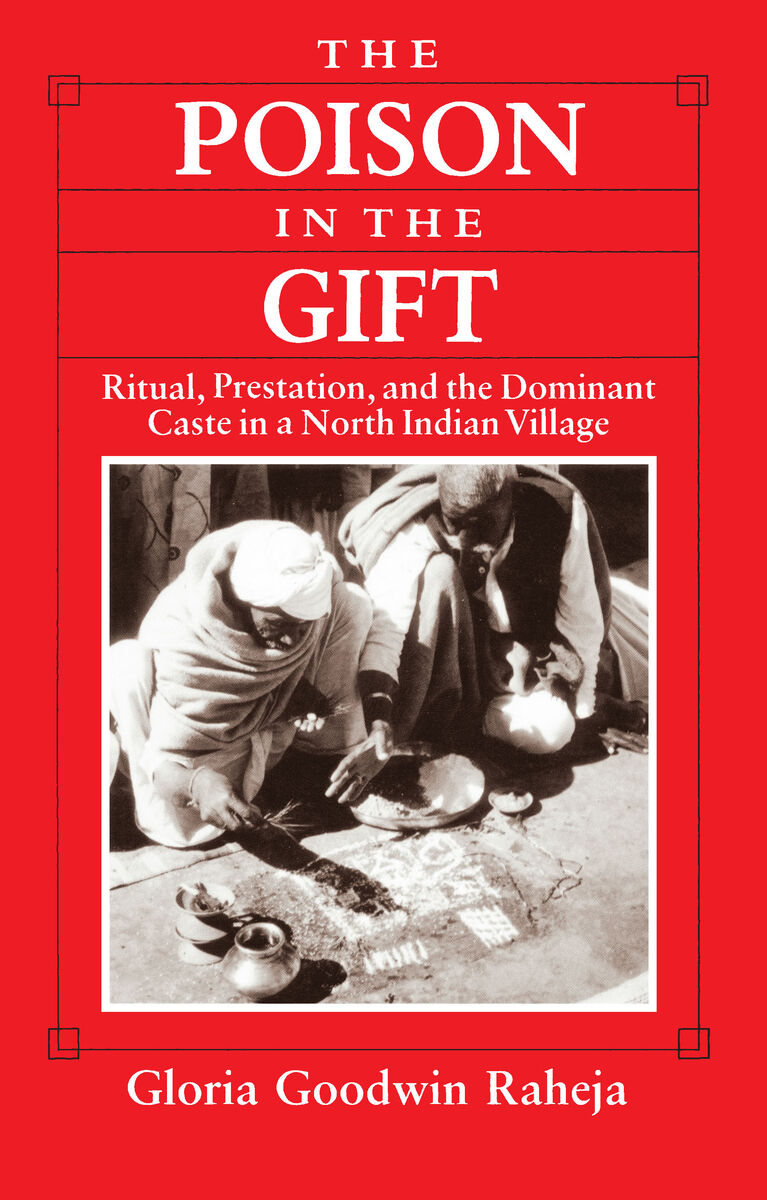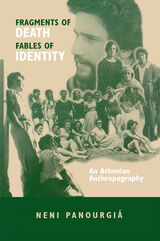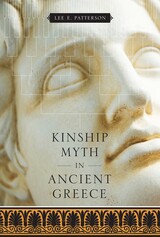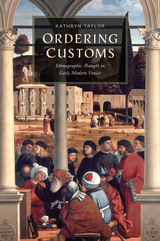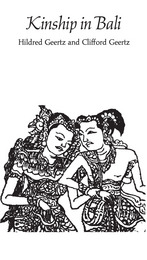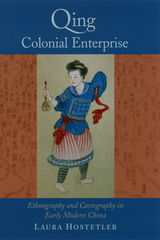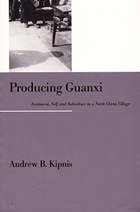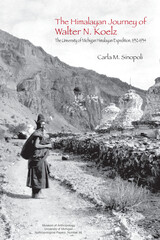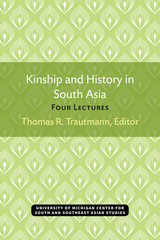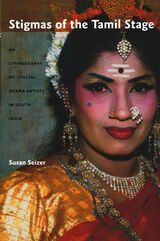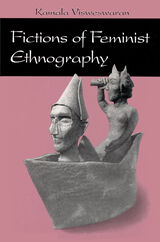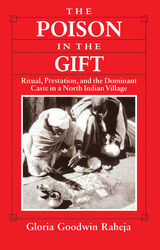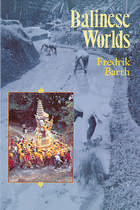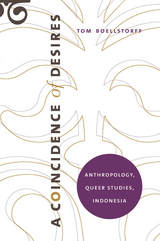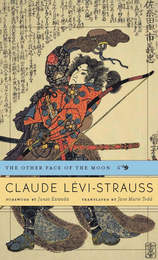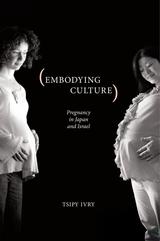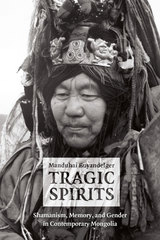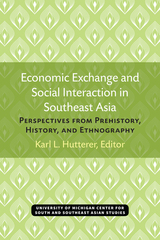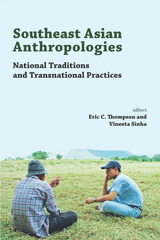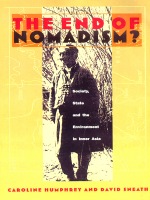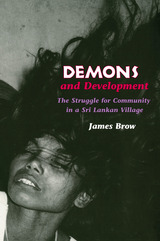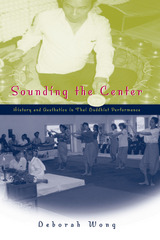The Poison in the Gift: Ritual, Prestation, and the Dominant Caste in a North Indian Village
University of Chicago Press, 1988
Cloth: 978-0-226-70728-0 | Paper: 978-0-226-70729-7
Library of Congress Classification GN635.I6R34 1988
Dewey Decimal Classification 392.09542
Cloth: 978-0-226-70728-0 | Paper: 978-0-226-70729-7
Library of Congress Classification GN635.I6R34 1988
Dewey Decimal Classification 392.09542
ABOUT THIS BOOK | TOC | REQUEST ACCESSIBLE FILE
ABOUT THIS BOOK
The Poison in the Gift is a detailed ethnography of gift-giving in a North Indian village that powerfully demonstrates a new theoretical interpretation of caste. Introducing the concept of ritual centrality, Raheja shows that the position of the dominant landholding caste in the village is grounded in a central-peripheral configuration of castes rather than a hierarchical ordering. She advances a view of caste as semiotically constituted of contextually shifting sets of meanings, rather than one overarching ideological feature. This new understanding undermines the controversial interpretation advanced by Louis Dumont in his 1966 book, Homo Hierarchicus, in which he proposed a disjunction between the ideology of hierarchy based on the "purity" of the Brahman priest and the "temporal power" of the dominant caste or the king.
See other books on: Customs & Traditions | Gift | Kinship | Rites and ceremonies | Ritual
See other titles from University of Chicago Press
